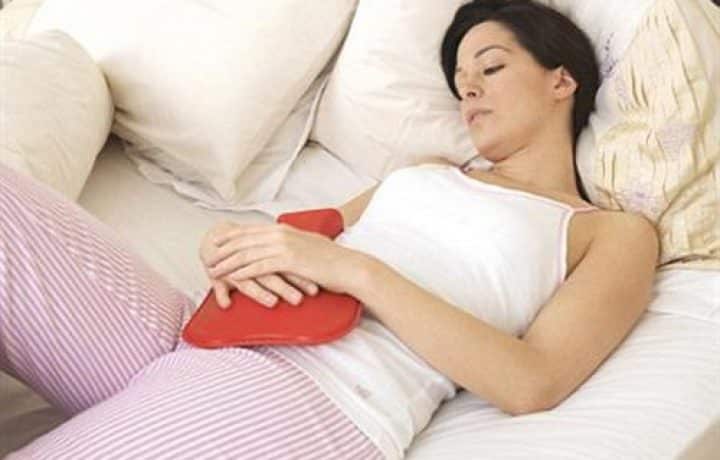Description
* Urinary incontinence is the involuntary release of urine, which can range from a slight leak to total loss of bladder control. It is most likely to effect elderly women.
* There are a number of types of this, including:

- Urge incontinence – occurs when there is an urgent need to urinate and it is immediately followed by the complete emptying of the bladder.
- Reflex incontinence – occurs due to a leak in the bladder, urethra or ureter.
- Stress incontinence – small amounts of urine escape due to pressure on the bladder.
- Overflow incontinence – occurs when there is a blockage that interrupts normal urination.
- Post surgery incontinence that occurs as a result of surgery.
Causes
* There are many causes including menopause, drugs, nerve damage, prostate problems, infections, weak pelvic muscles and bladder shrinkage. It is also known that obesity may exacerbate incontinence.
Symptoms
* Symptoms of urinary incontinence include inability to control urination and leakage of urination when coughing, laughing or lifting objects.
Lifestyle symptoms
* Go to the toilet at regular intervals, extending those intervals a little each day.
* Avoid foods such as alcohol, caffeine products (chocolate, coffee, tea), citrus fruit, soft drinks, vinegar, tomatoes, dairy products, processed foods and refined sugars, food additives and drugs as they may irritate the bladder.
* Address Obesity Problems – obesity can sometimes exacerbate. Careful weight loss may help to alleviate symptoms of incontinence.
* Ensure adequate fluid intake, at least two liters of fluids per day are required by the body to maintain normal functioning. Filtered water and herbal tea should be the bulk of the fluid intake.
Treatments for urinary incontinence:

SEE:
ECHINACEA, PURPLE CONEFLOWER. – has anti-inflammatory and anti viral effects and is used to stimulate the immune system. Do not use echinacea if you are allergic to flowers in the sunflower family. Do not use if you have an autoimmune disease or have a progressive disease such as multiple sclerosis or tuberculosis.
